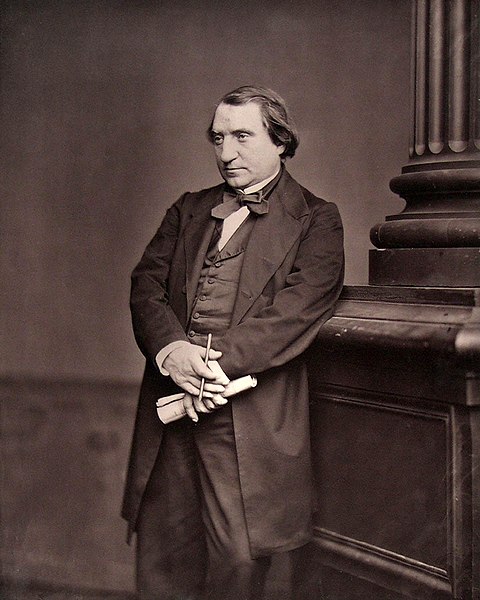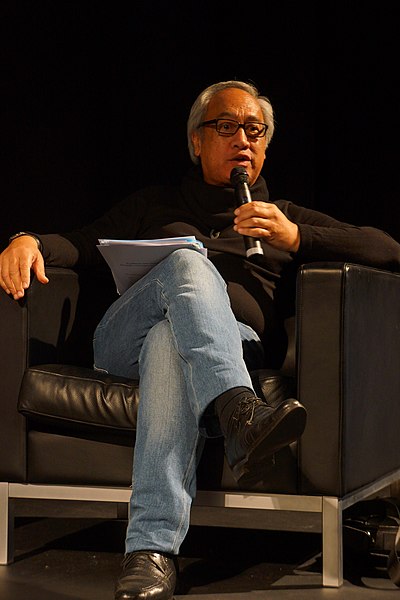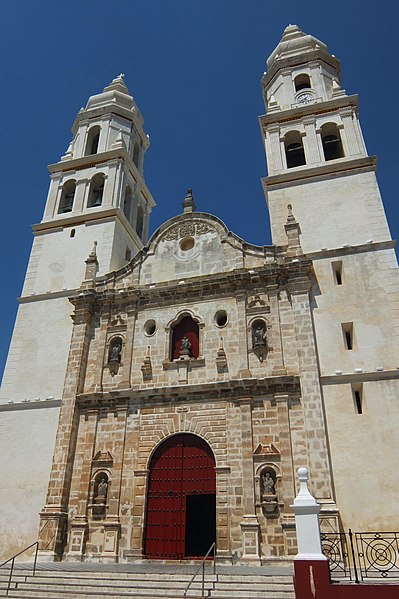Postcolonial literature is the literature by people from formerly colonized countries, originating from all continents except Antarctica. Postcolonial literature often addresses the problems and consequences of the decolonization of a country, especially questions relating to the political and cultural independence of formerly subjugated people, and themes such as racialism and colonialism. A range of literary theory has evolved around the subject. It addresses the role of literature in perpetuating and challenging what postcolonial critic Edward Said refers to as cultural imperialism.
In La Réforme intellectuelle et morale (1871), the Orientalist Ernest Renan advocated imperial stewardship for civilising the non–Western peoples of the world.
Witi Ihimaera, from New Zealand, the first published Māori novelist
Wole Soyinka, Nigerian playwright and poet and Nobel laureate in 1986
Apartheid sign in English and Afrikaans
Postcolonialism is the critical academic study of the cultural, political and economic legacy of colonialism and imperialism, focusing on the impact of human control and exploitation of colonized people and their lands. The field started to emerge in the 1960s, as scholars from previously colonized countries began publishing on the lingering effects of colonialism, developing a critical theory analysis of the history, culture, literature, and discourse of imperial power.
In La Réforme intellectuelle et morale (1871), the orientalist Ernest Renan, advocated imperial stewardship for civilizing the non–Western peoples of the world.
Spanish colonial architecture in Antigua Guatemala.
Campeche Cathedral, located in Campeche City, Mexico.






